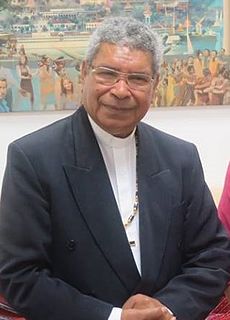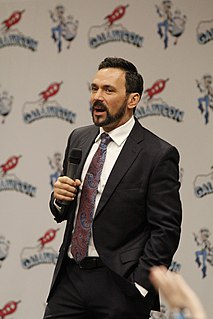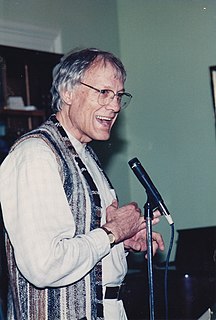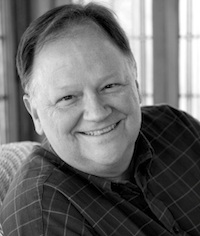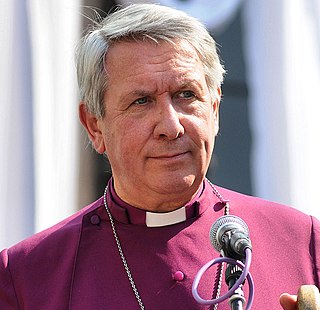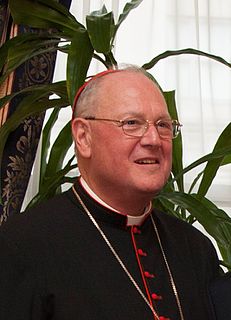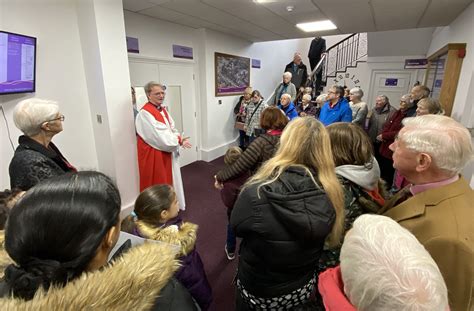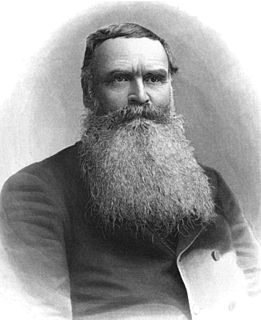A Quote by Carlos Filipe Ximenes Belo
The world censures those who take up arms to defend their causes and calls on them to use nonviolent means in voicing their grievances. But when a people chooses the nonviolent path, it is all too often the case that hardly anyone pays attention. It is tragic that people have to suffer and die and the television cameras have to deliver the pictures to people's homes every day before the world at large admits there is a problem.
Related Quotes
I myself would go for nonviolence if it was consistent, if everybody was going to be nonviolent all the time. I'd say, okay, let's get with it, we'll all be nonviolent. But I don't go along with any kind of nonviolence unless everybody's going to be nonviolent. If they make the Ku Klux Klan nonviolent, I'll be nonviolent. If they make the White Citizens Council nonviolent, I'll be nonviolent. But as long as you've got somebody else not being nonviolent, I don't want anybody coming to me talking any nonviolent talk.
In 1989, thirteen nations comprising 1,695,000 people experienced nonviolent revolutions that succeeded beyond anyone's wildest expectations . . . If we add all the countries touched by major nonviolent actions in our century (the Philippines, South Africa . . . the independence movement in India . . .) the figure reaches 3,337,400,000, a staggering 65% of humanity! All this in the teeth of the assertion, endlessly repeated, that nonviolence doesn't work in the 'real' world.
My first wedding was 15 people at our condo. The second was maybe about a hundred people at this fabulous casino. And you know what? I have almost no pictures of the second one, because I put disposable cameras on the tables, because everyone said, "The best pictures are the most candid! The best pictures are the ones people just take!" So, I put disposable cameras on the tables, and guess what? There were so many kids there that those cameras were stomped on. I had so many pictures of the floor, of people's eyes, of someone's finger.
The Indian government has managed to turn the concept of nonviolence on its head. Nonviolent resistance and nonviolent governance. Unlike, say, China or Turkey or Indonesia, India doesn't mow down its people. It doesn't kill people who are refusing to move. It just waits it out. It continues to do what it has to do and ignores the consequences.
Writers and filmakers, that is, people who describe the world, suffer from an occupational disease. They never experience moments in life quite spontaneously. You always look at yourself from the outside. Even as a child I always observed myself and the world. I believe that everyone who chooses this path in any way, who chooses to be a describer of life, suffers from this condition. It's like a mental obsession. It can be a great pity too. It robs you of a certain joy in spontaneity.
There are those much more rare people who never lose their curiosity, their almost childlike wonder at the world; those people who continue to learn and to grow intellectually until the day they die. And these usually are the people who make contributions, who leave some part of the world a little better off than it was before they entered it.
Our world is one of terrible contradictions. Plenty of food, but one billion people go hungry. Lavish lifestyles for a few, but poverty for too many others. Huge advances in medicine while mothers die every day in childbirth, and children die every day from drinking dirty water. Billions spent on weapons to kill people instead of keeping them safe.
Peace is here now. It's just that we don't recognize it. Let's say that 98 percent of people in the world are wanting peace. Now people say, even people from Siberia? Yes. We want world peace. The two percent is really tying to mess it up. It's so sad in a way, because by messing it up what are they going to get? Their children are going to suffer, their grandchildren are going to suffer, and they might even die before something gets good.
As far as nonviolence and Spiritual Activism, Marshall Rosenberg is it! Nonviolent Communication: A Language of Life, is essential reading for anyone who wants to improve their communication skills. Applying the concepts within the book will help guide the reader towards a more loving, compassionate, and nonviolent way of understanding and functioning with others, and foster more compassion in the world. I highly recommend this book.
